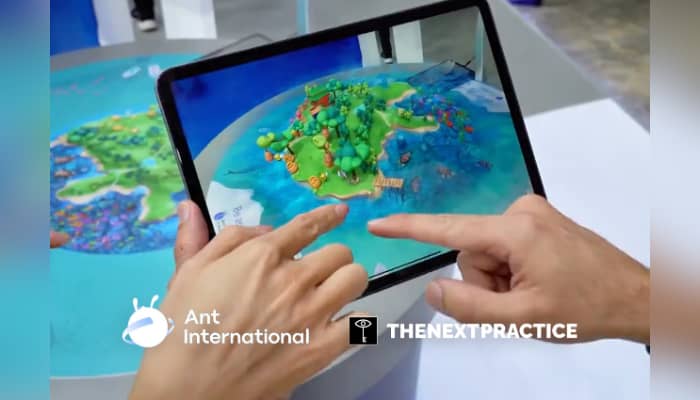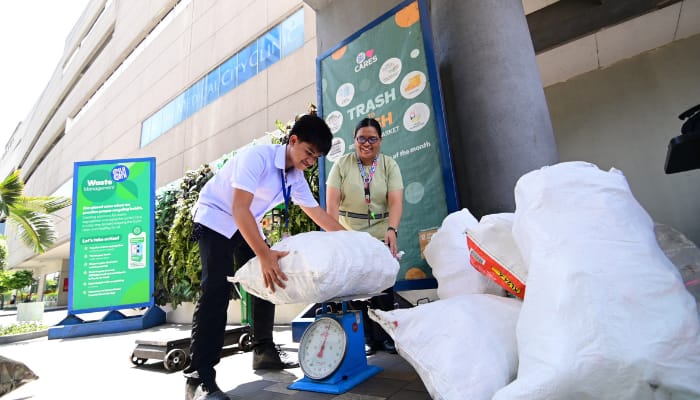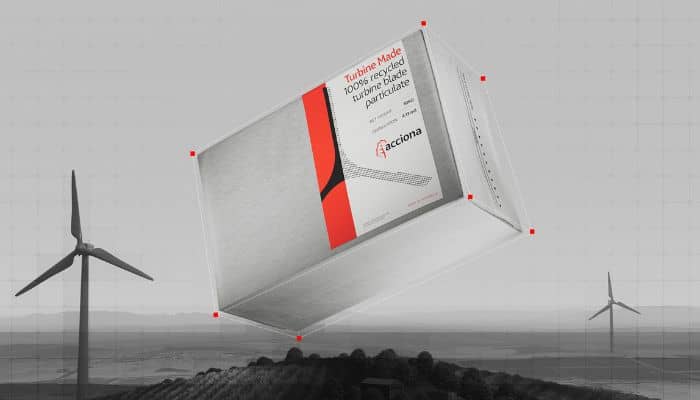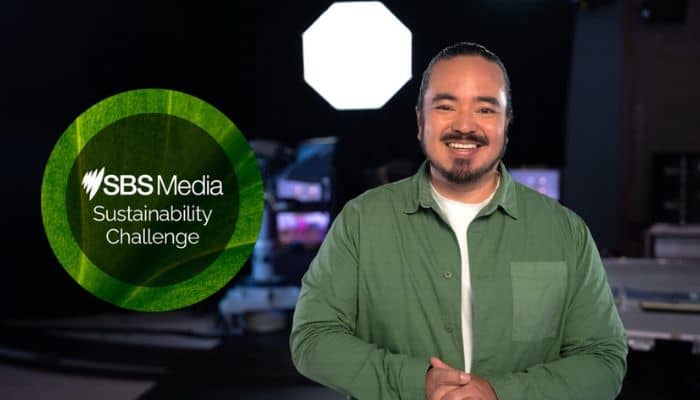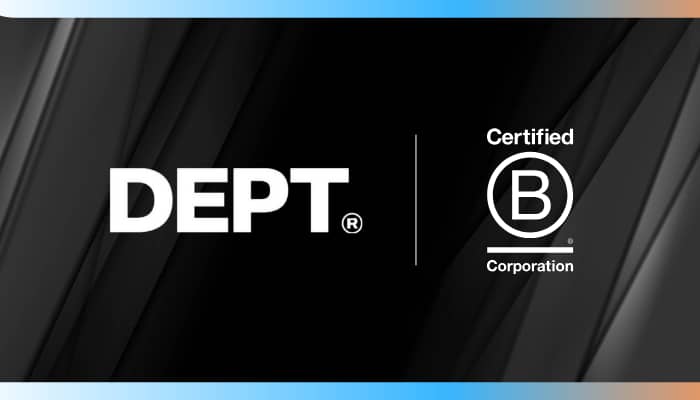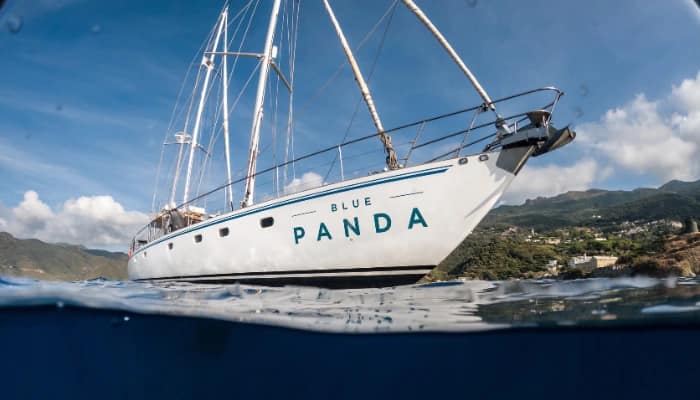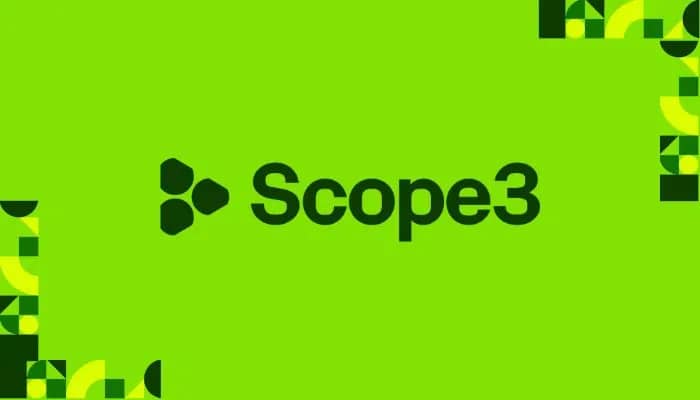With the motto “unlocking what’s next” in marketing, The Next Practice, a global marketing communications company, recently collaborated with Ant International to demonstrate how sustainability marketing can become integral to activating a brand’s purpose.
In an exclusive interview with MARKETECH APAC, The Next Practice shared insights into this collaboration. During the Singapore Fintech Festival 2024, Ant International showcased its commitment to sustainability and digital innovation through an immersive augmented reality (AR) activation focused on eco-tourism and MSME support. This initiative not only emphasised sustainability but also highlighted its importance as a driver of long-term economic and social value.
“Sustainable tourism holds immense potential to serve as a catalyst for environmental conservation, social progress, and economic development. Through this AR interactive travel experience, we aim to showcase how eco-tourism, supported by digital solutions and financing, can create local jobs, preserve cultural heritage, and protect natural ecosystems. By merging digital technology with purpose, we’re inspiring a new wave of travel that contributes to shared prosperity and sustainability,” said Carrie Suen, vice president and global head of international affairs and sustainability strategies at Ant International.
When discussing sustainability in the marketing context, many brands mistakenly confine it to corporate responsibility initiatives, ESG reporting, and short-term campaigns. Traditionally, marketing has been a powerful tool for driving commercial growth by influencing consumer behaviour. With increasing awareness of sustainability, sustainability marketing has emerged as a new driver for fostering conscious consumption that rewards purpose-driven companies. True sustainability involves embedding sustainable practices into a company’s business model, ensuring that the business, stakeholders, and customers thrive together in perpetuity.
Sustainability marketing: Turning awareness into action
Bev Ho, head of sustainability marketing at The Next Practice, explained the transformative power of immersive experiences through gamification in creating impactful sustainability campaigns. “Gamified elements turned passive awareness into active participation, enabling participants to connect their actions—like supporting social development and environmental projects—with tangible impacts on sustainability,” she said.
In this activation, Ant International invited participants to immerse themselves in an AR experience by selecting avatars and exploring Sumbawa, Indonesia. Activities such as whale shark conservation and visiting local bee farms allowed participants to see firsthand how sustainable practices create positive change. These engaging, hands-on experiences underscored the importance of integrating sustainability into daily actions and highlighted the critical role of community-driven efforts in fostering long-term environmental and social progress.
Uplifting smaller communities
Sustainability is not only about environmental conservation; it is also about empowering smaller communities to drive social and economic development. Ant International’s activation highlighted the vital role MSMEs play in fostering sustainable development.
“According to data from the United Nations, MSMEs represent 90% of businesses, 60 to 70% of employment and 50% of GDP worldwide. They are local heroes that can drive social, economic, and sustainable progress. By enabling game participants to support and empower MSMEs with solutions such as digital payments and green financing for renewable energy, everyday consumers can understand how they can contribute to greater sustainable development in small but meaningful ways. The immersive experience is more than just a game—it’s a way for people to realise that their choices can lead to real change,” Carrie explained.
Addressing the gap through technology
One of the most significant challenges brands face is bridging the gap between sustainability awareness and motivating real-world action. Ant’s AR experience tackled this issue by leveraging technology to create immersive, interactive experiences that allowed participants to visualise potential real-life impacts.
Bev added, “The gamification approach makes abstract sustainability concepts tangible, motivating participants to take actionable steps through relatable examples and real-time engagement. The use of ‘phygital’ – a combination of physical and digital – engagement transformed complex sustainability concepts into potential realities. This approach enabled participants to see the immediate impact of their actions, inspiring them to contribute to a sustainable future in their daily lives.
Lessons for other brands
Ant International’s campaign offers invaluable insights for brands aiming to elevate their sustainability initiatives. “Brands can learn from this campaign by leveraging phygital experiences and community-driven narratives to make sustainability engaging and impactful. By utilising digital tools and showcasing local, relatable heroes, they can transform abstract goals into tangible, measurable outcomes,” Bev elaborated.
Chris Foster, CEO of The Next Practice, emphasised, “At the core of sustainability marketing lies the belief that change begins with engagement. This AR experience seamlessly bridges the physical and digital worlds, immersing people in a vision of a better future and their ability to contribute. By fostering connection and motivating action, we empower individuals to be part of the solution. This represents the future of sustainability—where inspiration drives meaningful, collective change.”
Sustainability marketing is not a fad; it is a marketing paradigm for long-term brand success. Today’s consumers demand transparency, environmental stewardship, and meaningful action. By leveraging tools like augmented reality and digital innovations, brands can craft immersive narratives that deeply resonate with audiences.
Engaging with smaller communities and amplifying their sustainable practices not only brings authentic stories to the forefront but also strengthens the social and economic fabric of these regions. Embracing sustainability marketing positions brands as leaders in driving positive change, building trust and loyalty in an increasingly sustainability-conscious marketplace.

